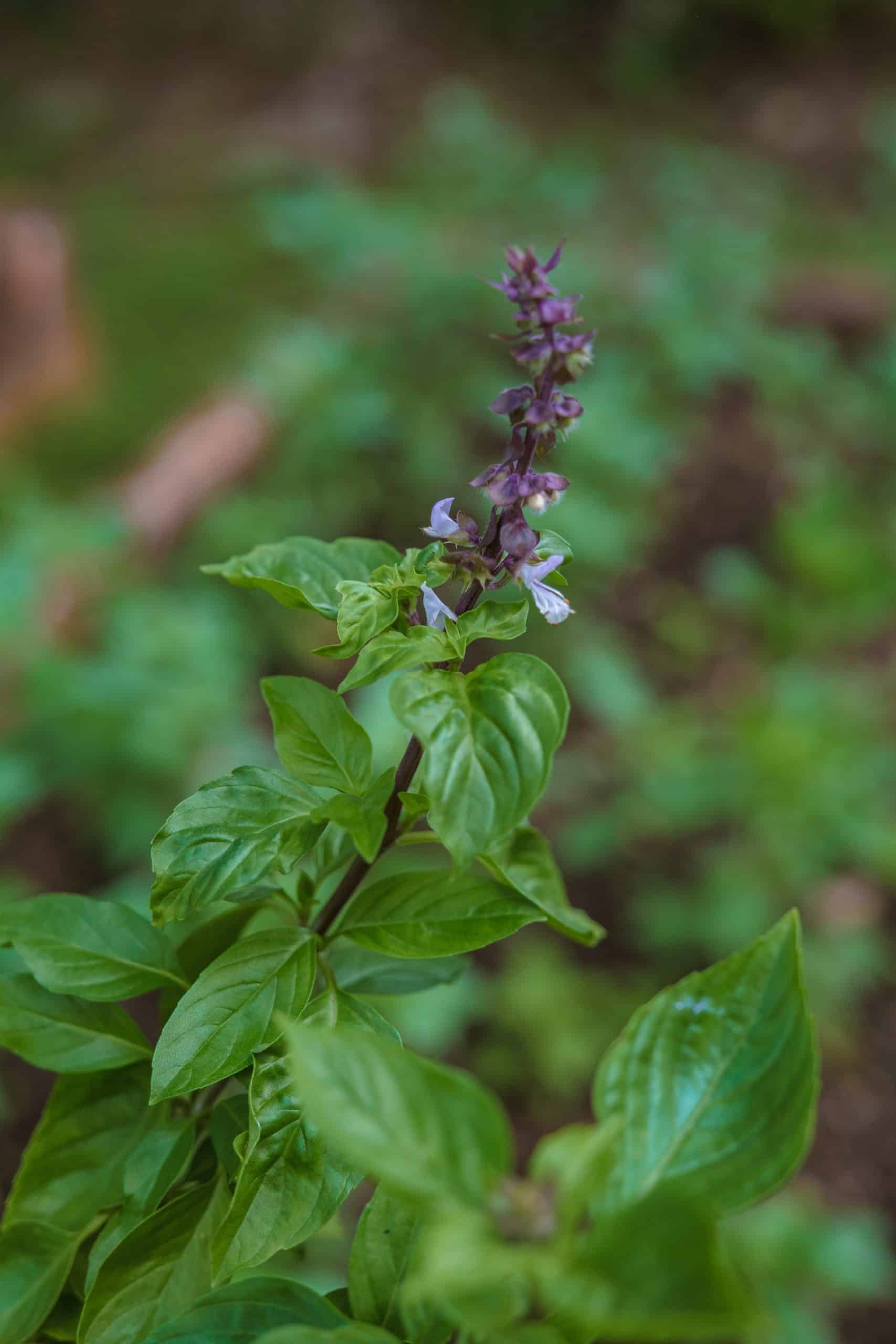What’s the best approach to eco-friendly waste disposal in a UK rural home?

In recent years, the necessity of sustainable living has become increasingly evident. As more communities become aware of their environmental impact, one area of particular focus is waste management. A key element of a sustainable lifestyle involves the efficient disposal and recycling of waste, but how can we best implement such practices in our daily lives, particularly in rural areas? This article will discuss the best eco-friendly waste disposal practices for a UK rural home.
Understanding the Impact of Waste on Health and Environment
The ways in which we handle waste have profound effects on our environment, our health, and our communities. The indiscriminate disposal of solid waste, be it biodegradable or non-biodegradable, poses a serious threat to our environment. It contaminates our soil, water, and air, and encourages the proliferation of disease vectors such as rats and flies. For this reason, proper waste management practices are crucial.
A voir aussi : How can you create a cozy fireside reading nook in a UK country cottage?
In the UK, local waste management regulations are primarily dictated by the Environmental Protection Act 1990. This comprehensive legislation addresses a range of environmental issues, including waste disposal. It places an emphasis on recycling and the safe disposal of waste, aiming to minimize the impact of waste on the environment.
In rural areas, waste management can be particularly challenging due to a lack of resources and infrastructure. Collection and disposal services may not be as readily available as in urban areas, requiring residents to take a more active role in managing their waste. Furthermore, the distance between homes and disposal sites often means that waste accumulates, which can lead to the growth of illegal dump sites and the spreading of diseases.
A lire également : What are the best indoor plants for improving air quality in UK homes?
Sustainable Waste Management Practices in Rural Areas
Sustainable waste management is a practical solution to the problems associated with traditional waste disposal methods. It involves the implementation of waste management techniques that aim to reduce the generation of waste and promote recycling and composting.
The first step towards sustainable waste management is adopting a responsible waste disposal attitude. This means being mindful of the waste we generate and taking steps to reduce, reuse, and recycle whenever possible. For instance, composting organic waste such as food scraps and garden waste can significantly reduce the amount of waste that goes to landfill.
In rural homes, composting is particularly beneficial as it provides a rich, natural fertilizer for gardens and farm fields. Additionally, it reduces the need for chemical fertilizers, which can have detrimental effects on the environment.
The Role of Local Authorities and Crossref Data Collection in Waste Management
Local authorities play a crucial role in waste management, especially in rural areas. They provide the necessary infrastructure for waste collection, recycling, and disposal, ensuring that waste is managed in a manner that protects public health and the environment.
In order to effectively manage waste, local authorities in the UK make use of Crossref data collection. Crossref is a system that collects data on various waste management aspects, including the volume of waste generated, the methods of disposal used, and the recycling rates. This data is then used to plan and implement waste management strategies, monitor their effectiveness, and make necessary adjustments.
For residents in rural areas, this data is of great benefit. It provides them with a clear understanding of their waste generation habits, enabling them to make informed decisions about their waste disposal practices.
The Future of Waste Management in UK Rural Homes
As we move further into the 21st century, the focus on sustainable living and waste management will only intensify. Environmental concerns are becoming an integral part of our daily lives, and waste management is no exception.
In rural homes, we expect to see a greater emphasis on individual responsibility for waste management. This will involve a shift towards more sustainable practices, such as composting, recycling, and responsible disposal of waste.
Additionally, we anticipate that the use of technology in waste management, such as Crossref data collection, will become increasingly important. This will allow for more precise tracking of waste generation and disposal practices, leading to more effective waste management strategies.
The role of local authorities will also evolve. We foresee a greater emphasis on education and awareness-raising about waste management issues. This will empower residents to take control of their waste and contribute to a healthier, cleaner environment.
As we look to the future, it’s clear that sustainable waste management is not just a trend, but a necessity. It’s up to us all to make a commitment to reduce, reuse, and recycle, for the sake of our health, our communities, and our planet.
The Importance of Home Composting in Rural Villages
Making conscious decisions about waste management practices in our homes is an effective way of contributing to a greener environment. One such practice is home composting, which is highly recommended, especially in rural communities where there are larger green spaces available for gardening.
Home composting is a nature-friendly way of managing garden waste and food waste. It’s a simple process that transforms organic waste into nutrient-rich soil conditioner. It involves collecting organic waste like vegetable peels, coffee grounds, eggshells, grass cuttings, and fallen leaves, and placing them in a compost bin or heap in the garden. Over time, with the help of microbes, this waste breaks down into compost that can be used to enrich the soil in our gardens.
For rural households in the UK, home composting presents an excellent opportunity to reduce the volume of waste sent to landfill sites, thereby reducing the emission of harmful greenhouse gases such as methane, which contribute significantly to climate change. It also fosters a circular economy at the household level by transforming waste into a valuable resource.
Home composting is not only beneficial for the environment but also for public health. By reducing the accumulation of solid waste in rural areas, it helps lower the risk of disease spread and contributes to a healthier living environment.
Involvement in composting can also help foster a greater understanding and appreciation of nature’s cycles, creating a sense of responsibility and promoting sustainable waste management practices.
Waste Management Challenges in Developing Countries and the Role of Google Scholar and Scholar Crossref in Providing Solutions
Effective waste management is a global concern, and its challenges are more pronounced in developing countries where infrastructure and resources are often limited. Without proper waste management practices, these countries face significant public health and environmental risks.
To address these challenges, researchers and policymakers are turning to databases like Google Scholar and Scholar Crossref for valuable insights. These databases are rich repositories of academic research and data that can help formulate effective waste management strategies.
Google Scholar, for example, provides access to a broad array of research on waste management in rural areas. Topics cover everything from the impact of waste on public health to the benefits of recycling and composting. This research can inform policies and initiatives aimed at promoting sustainable waste management practices, even in resource-limited settings.
Scholar Crossref, on the other hand, offers a unique data collection system that helps understand waste generation and disposal patterns. This information is pivotal in developing tailored waste management solutions for different communities.
These databases also serve as platforms for sharing success stories and lessons learned in waste management from around the world. They are valuable tools in our collective effort towards sustainable waste management and a cleaner, healthier planet.
Conclusion
The importance of sustainable waste management practices cannot be overstated, particularly in rural homes where access to waste collection services may be limited. By adopting practices such as home composting, rural residents can play a significant role in reducing waste generation, promoting a circular economy, and mitigating climate change.
The role of local authorities in providing the necessary infrastructure and promoting awareness of waste management issues is also crucial. Tools such as Google Scholar and Scholar Crossref can support their efforts by offering valuable data and research insights.
As we move forward, it is clear that waste management will remain a key component of our environmental and public health strategies. As such, it is incumbent upon all of us – individuals, communities, and authorities alike – to make conscious choices about how we manage our waste, for the benefit of our health and the planet.
